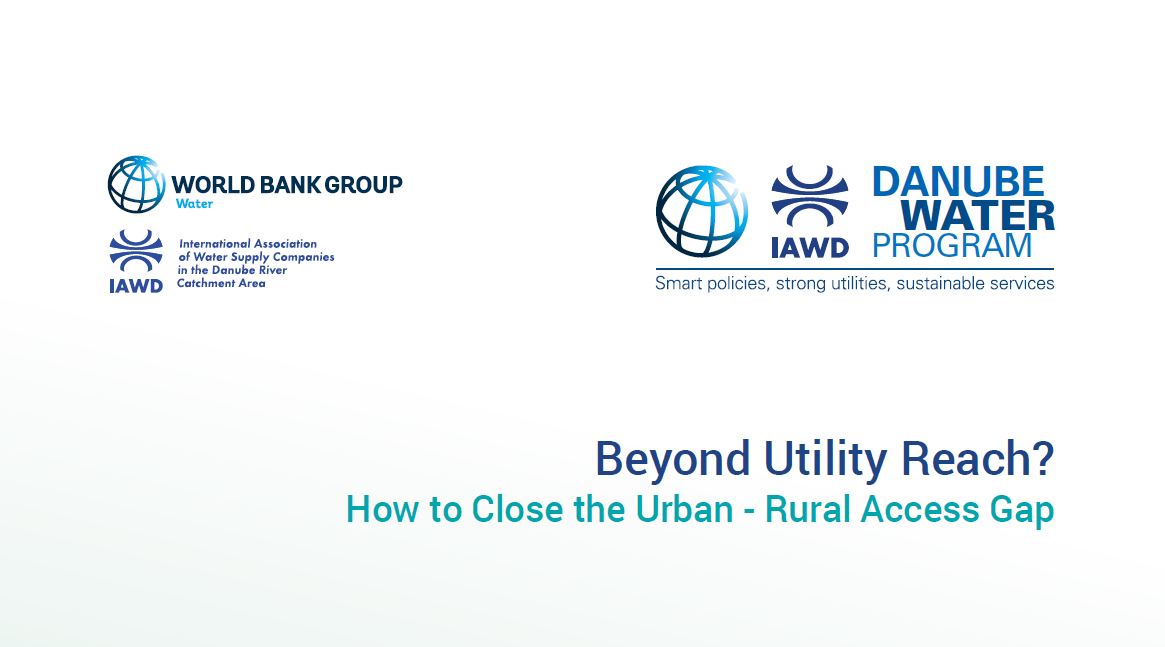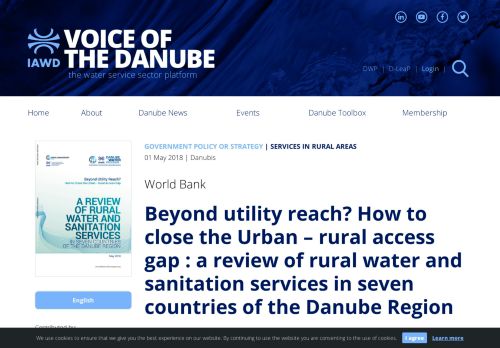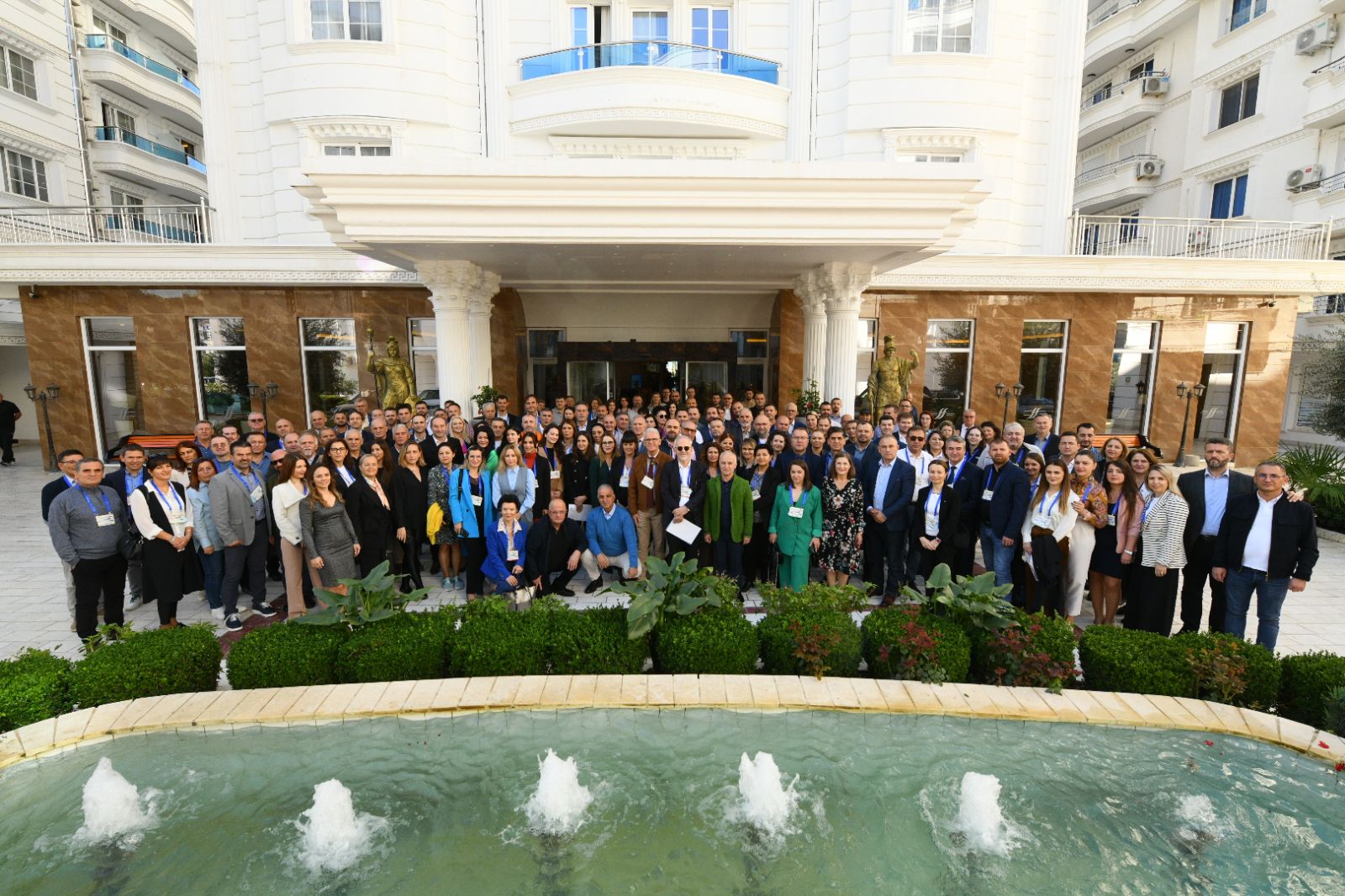
Voice of the Danube
Given that significant access gaps are a major barrier to fulfilling the Sustainable Development Goals, this study was launched to increase awareness and knowledge on how rural service provision is organized, to understand whether and how the aggregation through regional water utilities has effectively reached rural areas, and to present lessons and recommendations for expanding and improving the provision of services for rural populations. Seven countries—Albania, Bosnia and Herzegovina, Croatia, Kosovo, Moldova, Romania, and Ukraine—were selected, because they represent a wide range of rural water outcomes, different challenges, and sector reform contexts. The analysis was based on secondary data sources, documents, and existing datasets, combined with primary data collection in selected rural localities in the seven countries.
VoD - Beyond utility reach? How to close the Urban – rural access gap : a review of rural water and sanitation services in seven countries of the Danube Region
Rural areas are lagging and significant service access gaps exist in comparison with urban areas. Approximately 28.5 million people remain without access to piped water supply and 22 million remain without flush toilet access in t...




